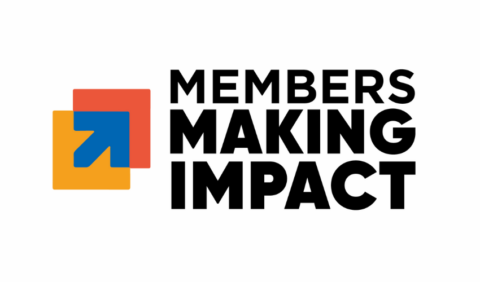Student loan debt affects millions of people and creates a significant barrier to financial security.
Borrowers of color are more likely to navigate debt alone and experience some of the more damaging effects of carrying debt. Student loan debt also has disproportionately negative impacts on women. Women represent 56% of those enrolled in American colleges and universities, and they hold nearly two-thirds of the nation’s student loan debt.
Though this is a multi-faceted issue, philanthropy has a vital role to play to support students both systemically and directly. Not all funders prioritize the same mechanisms when it comes to reducing student debt. It takes a continuum of interventions to reduce existing debt and limit future debt for students.
On June 12 2024 AFN hosted its first session in our new Innovations and Insights series, virtual sessions that translate ideas, policies, research/evaluations, and investment models for a philanthropic audience.
Featured speakers came from a range of backgrounds including student debt and scholarship research and policy, scholarship funders, and a funder that supports programs that reduce the need for loans. Grantmakers who participated in the session helped attendees to:
- Understand student loan debt’s impact on the racial and gender wealth gap
- Gain knowledge on philanthropy’s central and influential effort to reduce the role of student debt in perpetuating wealth disparities by highlighting the unique contribution of funder interventions
- Identify actionable and aligned strategies to adopt, from scholarships to institutional partnerships and policy changes.
Speakers
Ray Boshara, Legislative Fellow, U.S. Senator Bob Casey
Tanya Garcia, The Institute for College Access and Success (TICAS)
Kesa Jessup, The Winston-Salem Foundation
Kevin Almasy, Michael and Susan Dell Foundation
Speaker Bios
Resources
Student Loan Debt – AFN Fact Sheet
About TICAS 2024
AFN 529 – Dell Scholars




